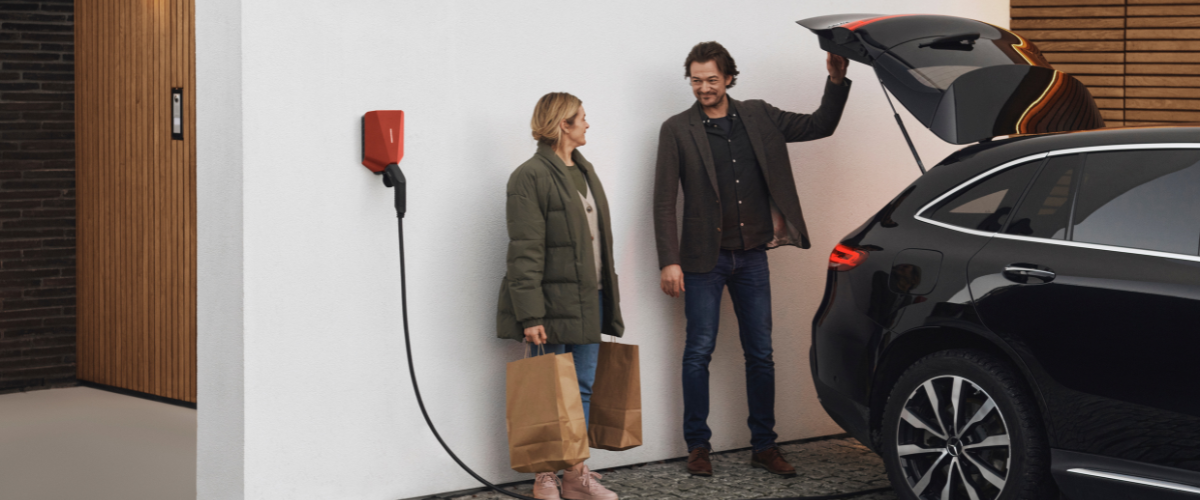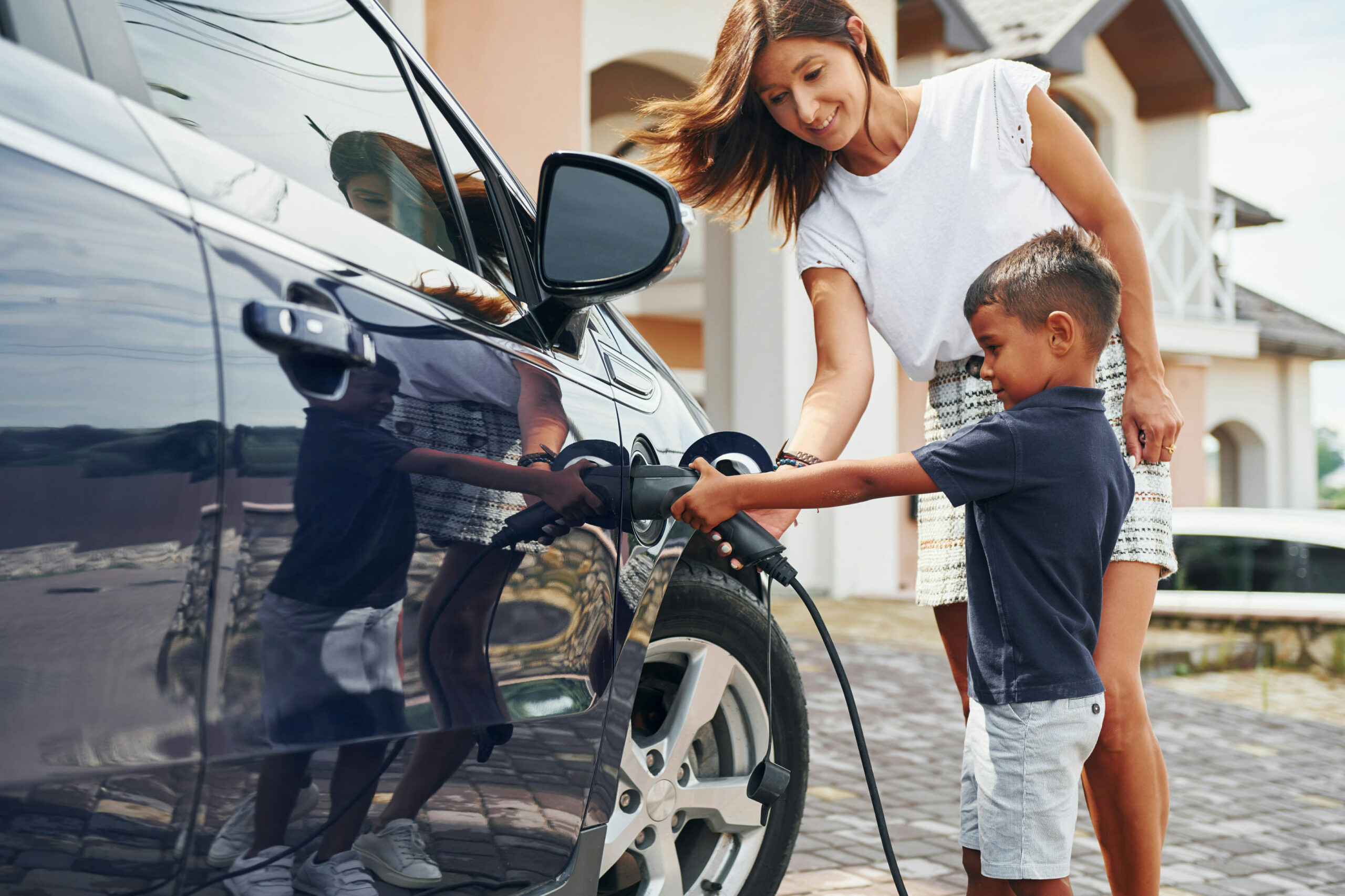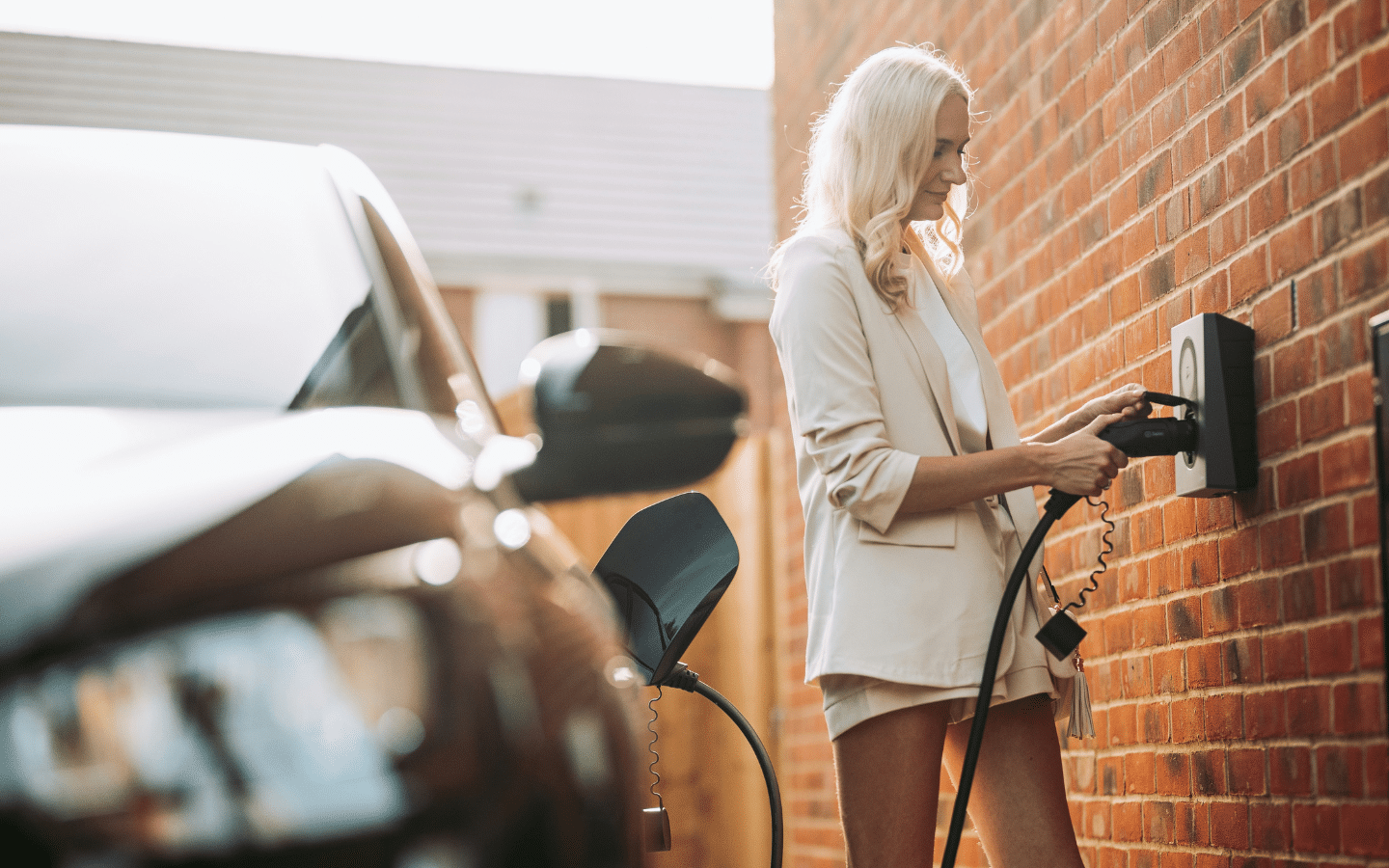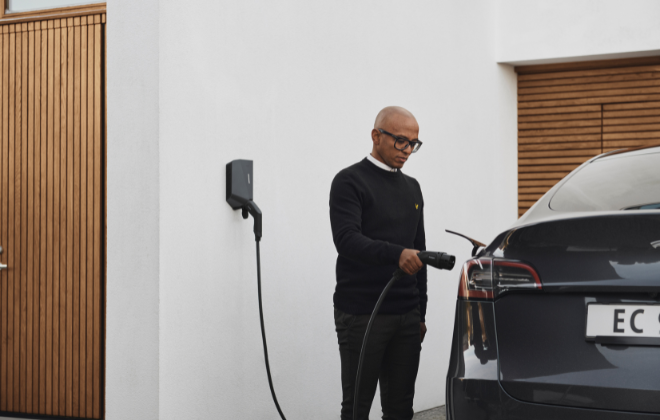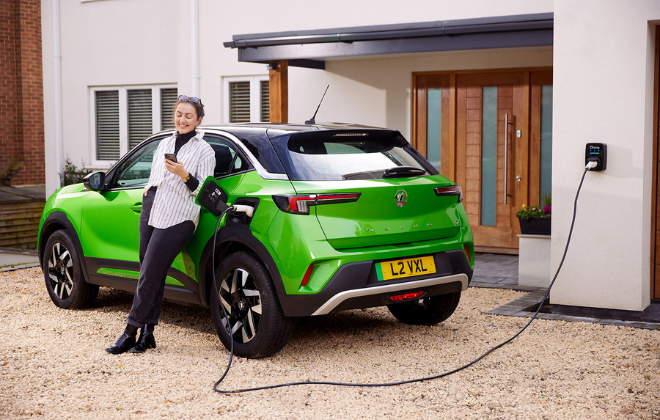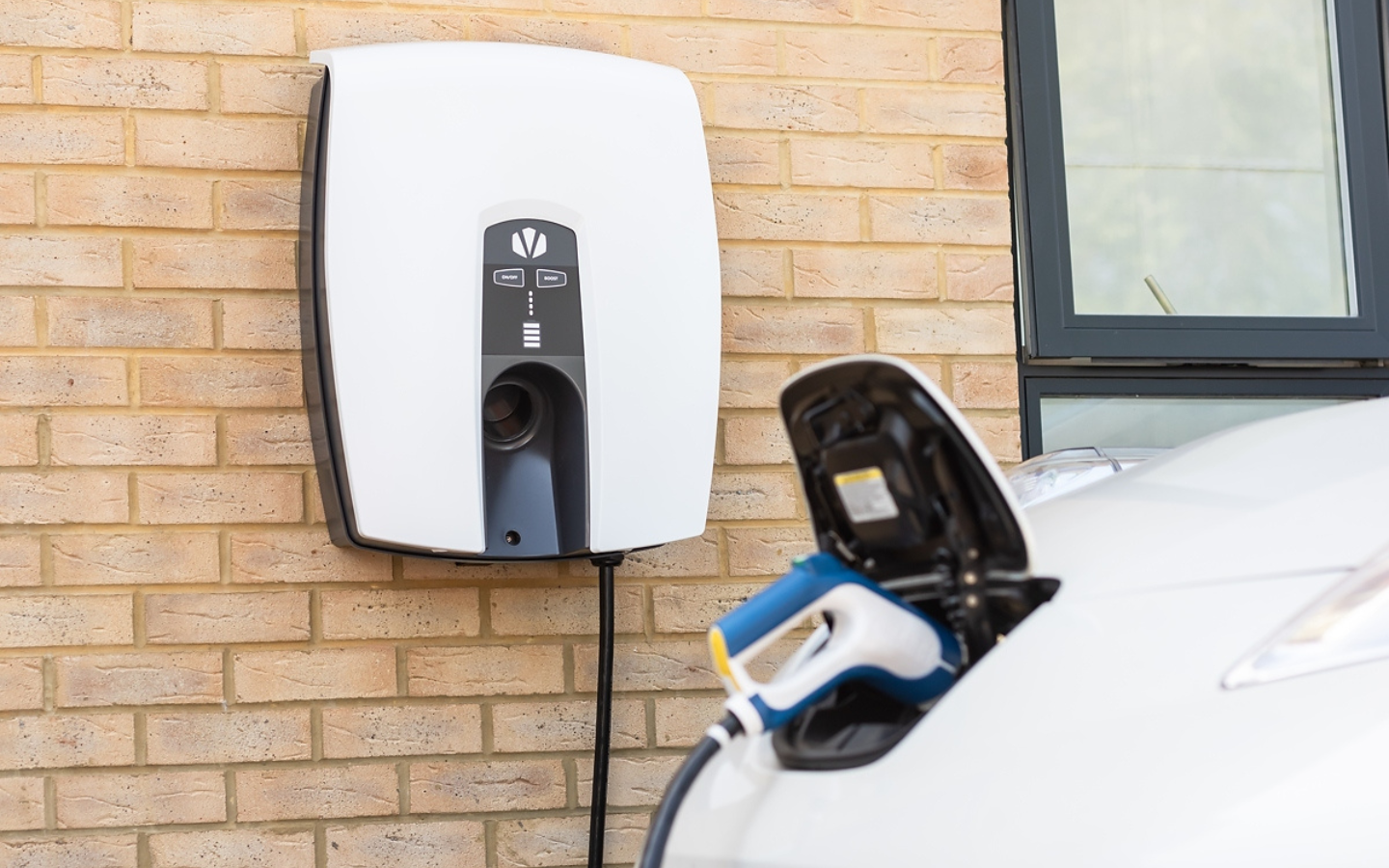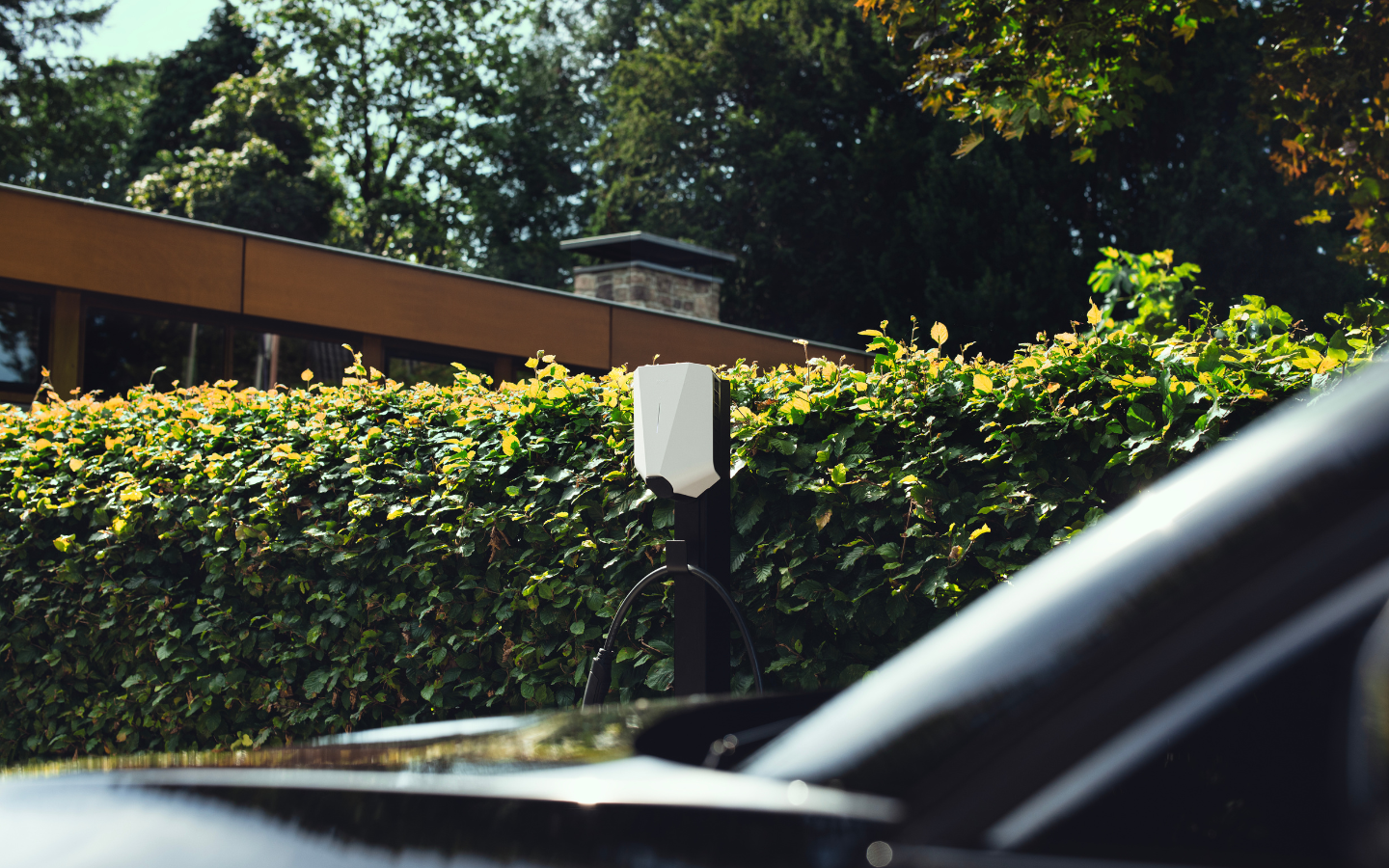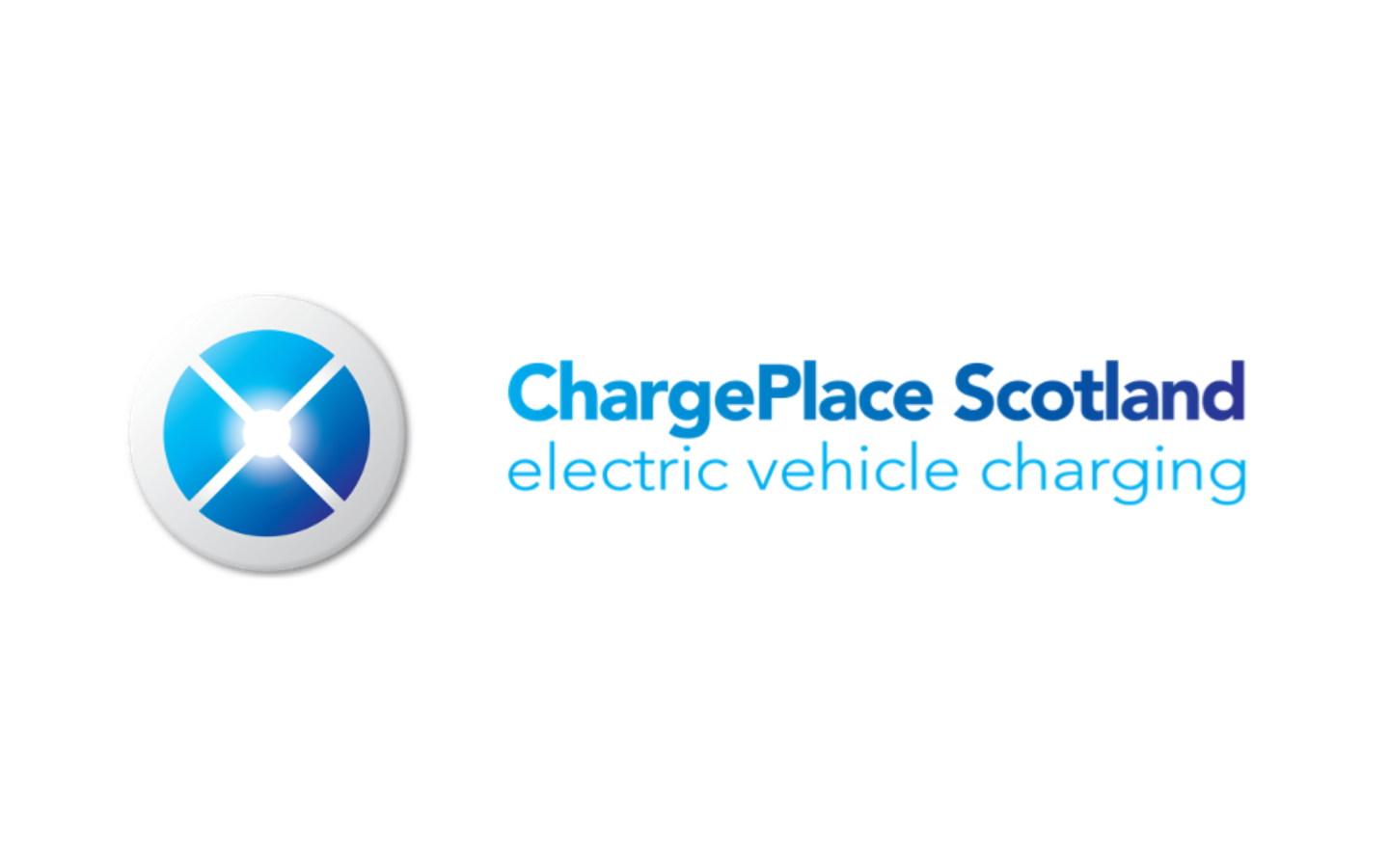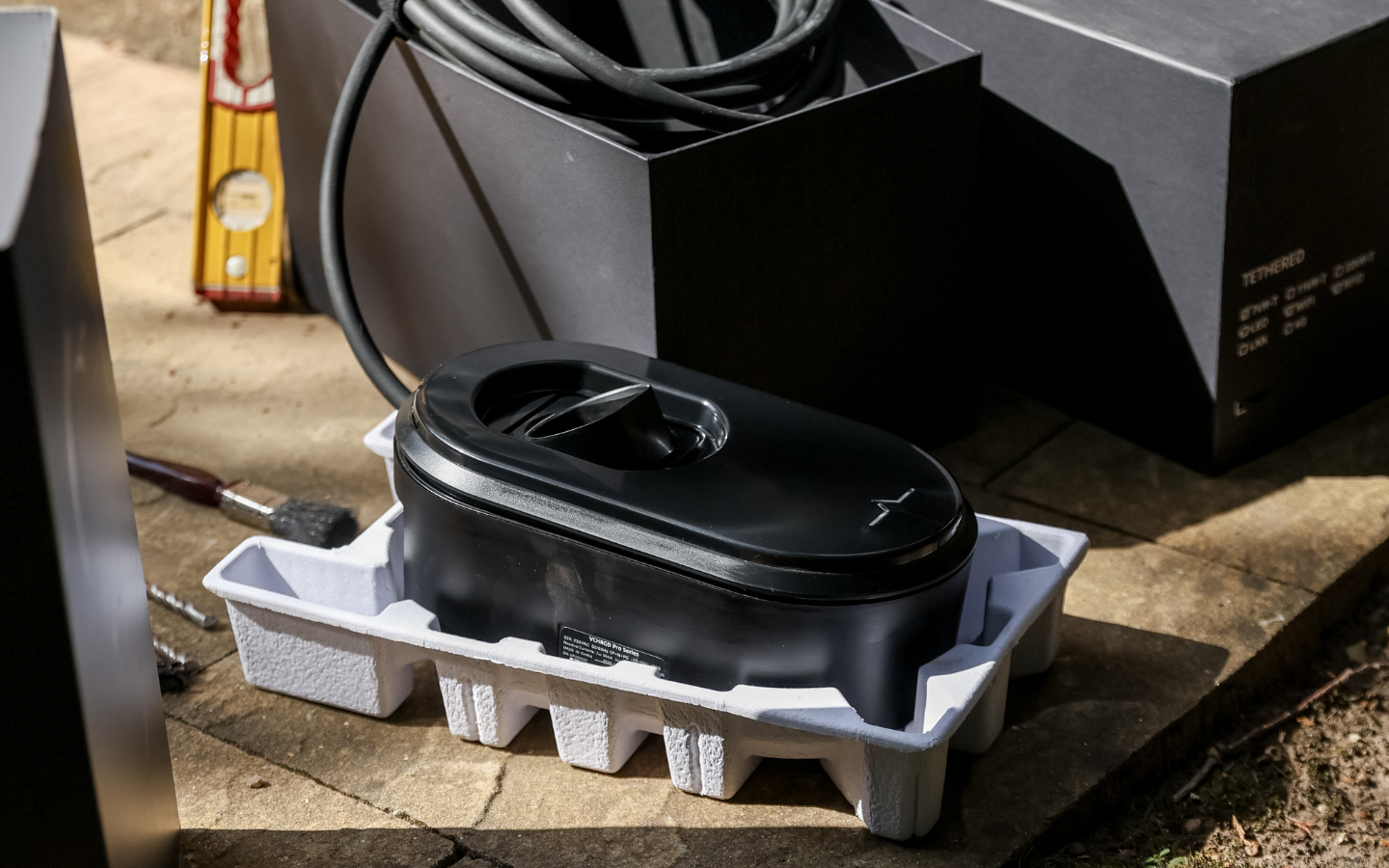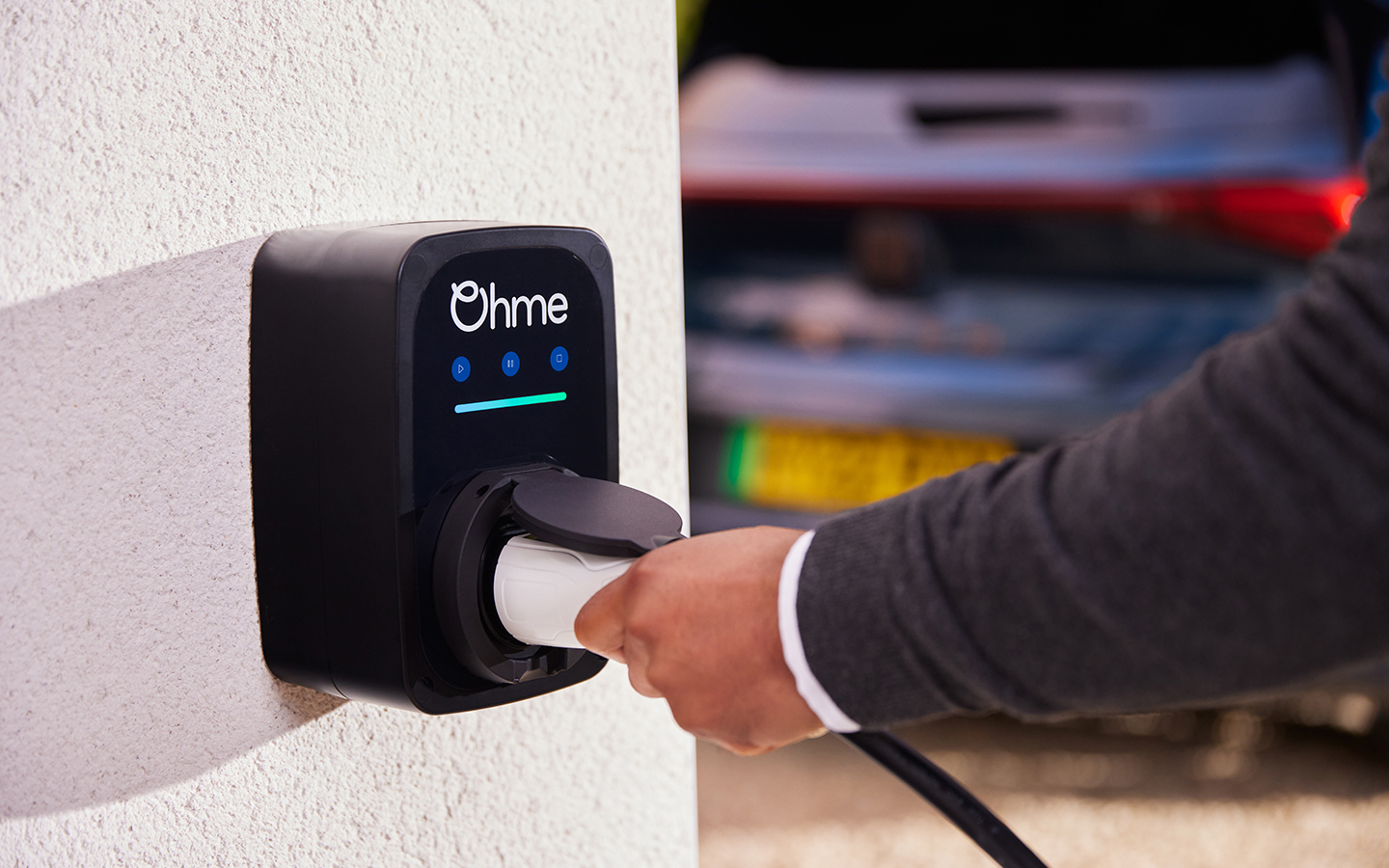

How long does it take to charge an electric car with a 7kW charger?
Unfortunately, there’s no ‘one size fits all’ answer when it comes down to EV charging times. Several factors affect how long it will take to charge your electric car, from battery size to the type of charger, to environmental elements.
And while rapid and ultra-rapid charging stations promote quicker charging sessions, the standard charging speed for home electric vehicle chargers is 7kW. Rarely, you’ll need any more than this, especially at home – unless you are low on charge and need a surge of power urgently.
With 7kW being the most common home EV charging rate, more and more people are asking – how long does it take to charge an electric vehicle (EV) with a 7kW charger?
Keep reading this article to find out everything you need to know about how long it takes to charge an EV with a 7kW EV charger.
So, how long does it take to charge an EV with a 7kW EV charger?
A 7kW EV charger adds around 25 to 30 miles of range per hour. Which, on average, charges your electric car between 4-8 hours. The 8-hour timeframe is based on an empty to full battery charge, whereas it will be more towards the 4-hour scale for a top-up charge.
However, it’s important to note that these are approximate timings. External factors can also affect how fast your EV battery will take to charge, no matter the kW rate.
Use our EV charging time calculator to find out how long it will take to charge your electric car.
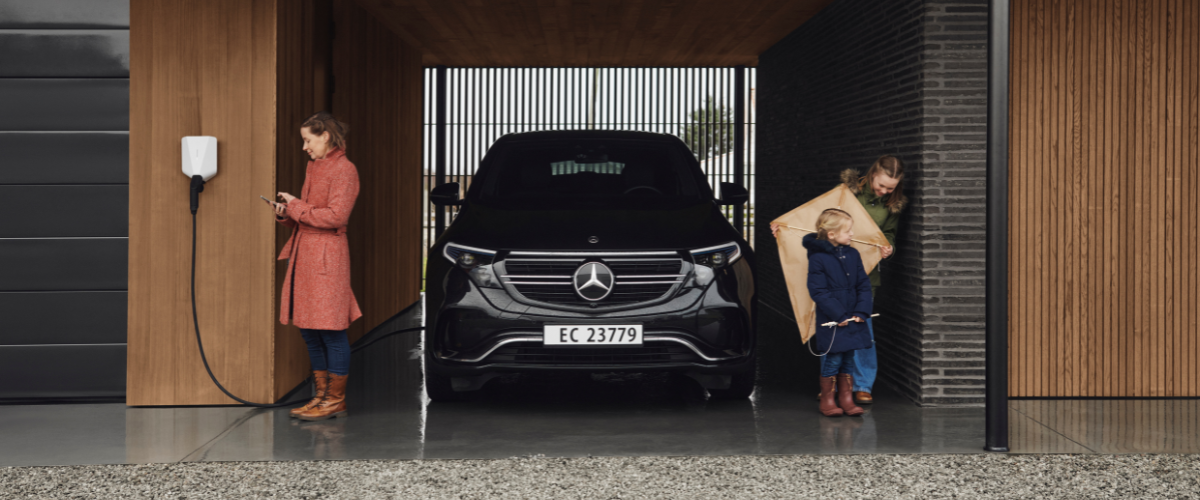
What factors affect EV charging times?
1. Temperature
In significant changes in weather – hot or cold – EV batteries take the brunt of the changing seasons. This, unfortunately, results in reduced battery performance. Regretably, this means that charging will be less efficient in peak summers and chilly winters, taking longer than usual. In fact, the optimal temperature for an EV battery is 21.5 C, meaning your EV charging will be the best – and most consistent – in this state.
Don’t worry – there are ways to caveat these seasonal dips. Use specific EV driving tips for summer and winter to maximise EV range and improve battery performance, such as taking advantage of pre-conditioning. Easily pre-heat your EV in winter and pre-cool your EV in summer with this unique feature to ensure your battery is at its optimal temperature.

2. Your electric vehicle’s maximum onboard charging rate
With the logical thinking of the higher the charging rate, the faster your EV charges, you’d think a 22kW would charge faster than 7kW. However, in some cases, that’s entirely incorrect.
Without getting too technical, EV batteries charge only with DC power, and so inside every electric vehicle, there’s an onboard charger which converts AC power into DC. This process happens every time you charge an electric car at home, where electricity from the grid is always AC (alternating current). On top of this, your electric vehicle has a maximum AC charging rate – the highest AC rate that can be converted into DC energy.
For example, the Tesla Model has a maximum AC charging capacity of 11kW. So, even if you were to plug your Tesla with a 22kW AC charger, your EV unfortunately wouldn’t charge any faster than 11kW.
Another example is the Nissan Leaf. The standard Nissan Leaf has an onboard charger of 6.6kW, so even if you charged with a 7kW or even a 22kW electric vehicle charger, your Nissan Leaf would only charge at 6.6kW.
Learn more about Alternating Current (AC) and Direct Current (DC) in EV charging.
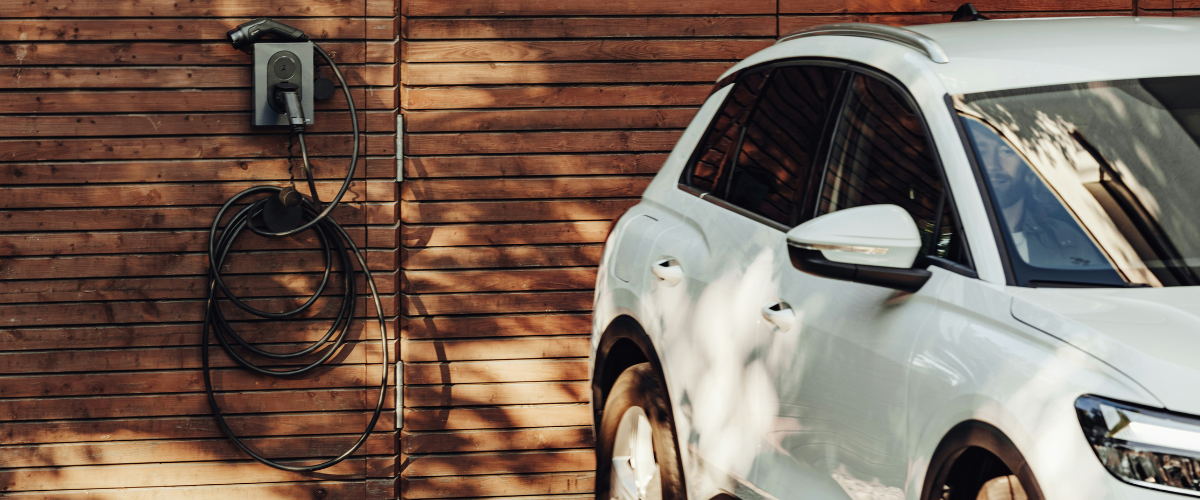
3. State of charge
It doesn’t take a genius to work out that your charging time will be less if you charge from 40% to 80%, compared to an empty battery to a full charge. And so, of course, this is a crucial element when working out charging speeds.
As a general rule of thumb, you should avoid charging to 100% where possible to protect your battery from premature degradation anyway. And while this may seem like it would exacerbate range anxiety on the surface, it will actually help prolong your range in the long run while decreasing how long it takes to charge an EV.
Top-up charging is a great way to ensure your EV always has enough charge while maintaining battery health. In fact, overnight EV charging with a home EV charger is a convenient way to charge your EV while simultaneously charging for cheaper (during off-peak hours) and charging more environmentally friendly (more sustainable electricity sources are used during off-peak hours).
4. Number of electric vehicles
If you are a multi-EV household with two chargers on one circuit and are charging simultaneously, the time your EV takes to charge will take a hit. For example, if your home charger is rated 7kW, the rate will be split between the two EVs, meaning they will take each charge between 3kW -3.6kW. With this in mind, it’s important to note that the slower the charging rate, the longer it will take to charge.
And that’s only if your home EV charger also has the load balancing feature.
With this slower charging speed, you may be thinking do I need two EV chargers at home?
Realistically, no, but there are pros and cons to each that need to be considered.
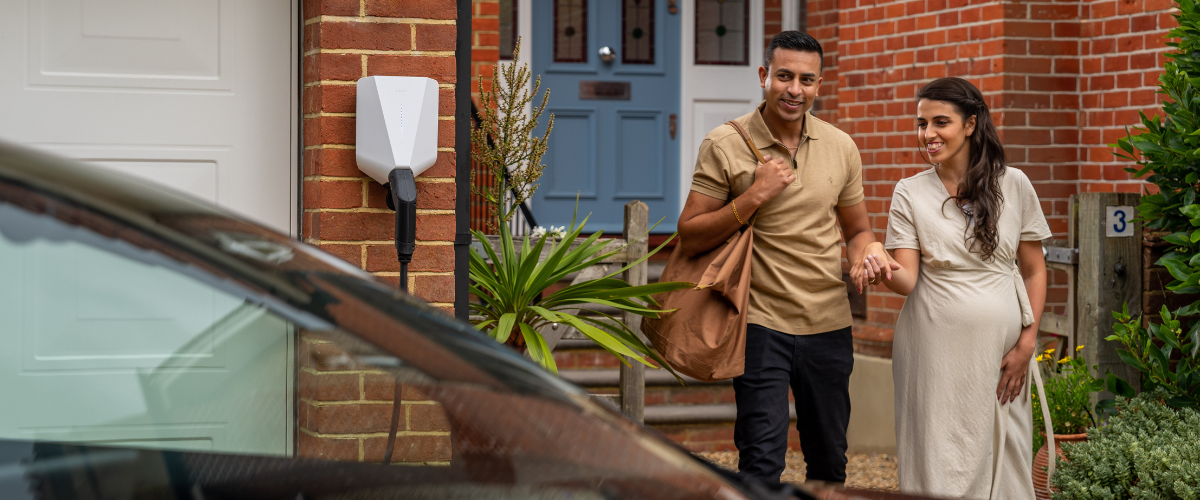
5. Size of battery
Different electric cars have different battery sizes. For example, the 2023 Nissan Leaf has a 40kWh battery size, compared to the Tesla Model 3, which has a larger battery size of 57.5kWh.
Simply put, the larger the EV battery, the longer it will take to charge.
6. Charging rate
Different EV charging points provide different amounts of charge. For example, a three-pin plug has a charging rate of roughly 2.3kW and can take up to 18 hours for a full charge. Alternatively, if you use a public ultra-rapid or rapid charger rated at 50kW, you can charge up to 80% in as little as ten to fifteen minutes.
While there are different variants of 7kW EV home chargers depending on the manufacturer – for example, 7kW, 7.2kW – the maximum rate on a single-phase power supply is 7.4kW.
Below is a table of our available home electric vehicle chargers and their exact charging rate; however, it’s important to note that slight variations will make next to no difference in charging.
| Home EV charger | Charging rate/power output (single-phase) |
| Ohme ePod | 7.4kW |
| Ohme Home Pro | 7.4kW |
| Hive Mini Pro 3 | 7.2kW |
| Easee One | 7.4kW |
| evec | 7.4kW |
| VCHRGD Seven Pro | 7.4kW |
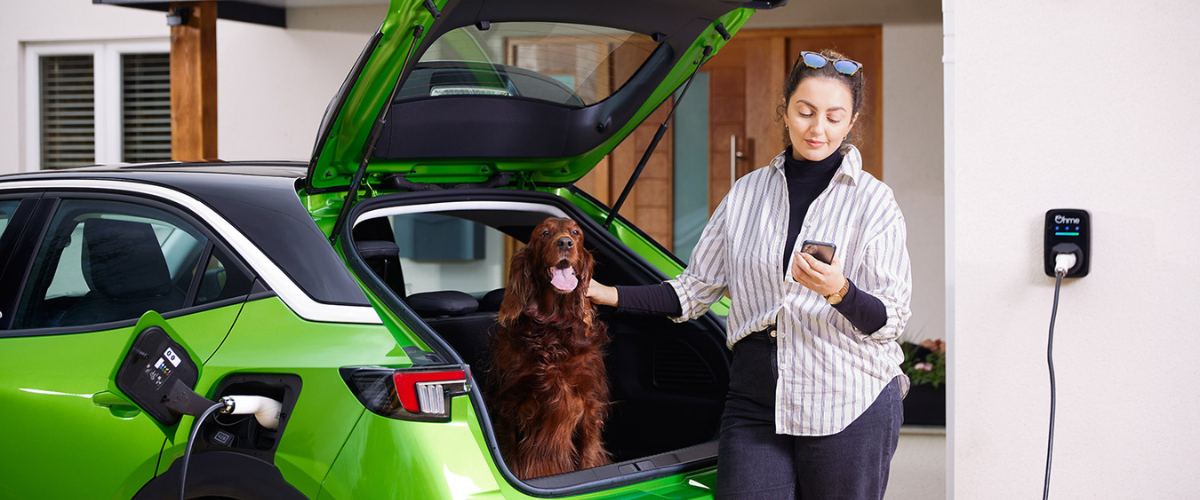
Is a 7kW EV charger enough for an electric car?
A 7kW EV charger is more than enough for your electric vehicle charging. In fact, most houses in the UK have single-phase electricity supplies, with 7kW being the maximum charging rate you can have installed on your property without upgrading to a three-phase electricity supply.
7kW public charging points are also often found in supermarkets, near restaurants and other public locations, so they are constantly used by EV drivers outside of the home.
And while you can have a 22kW home EV charger, certain logistics must be considered. For example, you’d have to upgrade your electricity supply, which is costly and time-consuming.
Summary:
- On average, it takes 8 hours to fully charge an electric car with a 7kW charger and between 4 and 6 for a top-up charge.
- Factors that affect charging times include temperature, EV’s maximum charging rate, state of charge, how many EVs are charging, battery capacity and charging rate.
Interested in a 7kW EV charger?
Browse our market-leading range of 7kW electric vehicle chargers now, and take advantage of cheaper, greener and faster electric car charging.
Ready to buy? Choose We Power Your Car. With us, you get stress-free, hassle-free EV charger installation. And did we mention that with DBS-checked, accredited and experienced installers, we can offer nationwide EV charger installation?
Click below to get your free quote, or contact us for more information or simply advise. You get access to a range of the leading electric car chargers. From the beautiful Easee One to the cheap and cheerful evec.
related articles
Stay up to date on the latest from We Power Your Car_
I consent to receive newsletters from We Power Your Car. Please see our Privacy Policy
